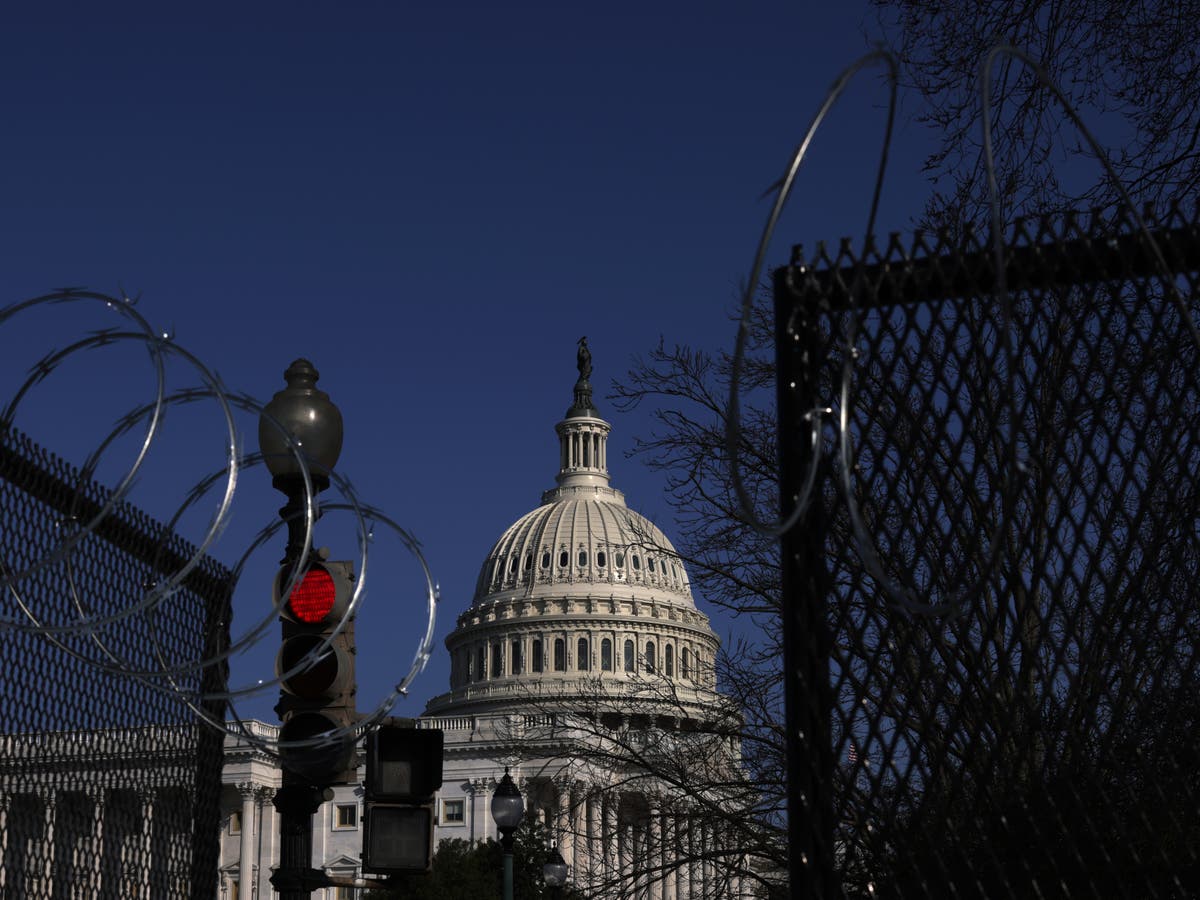David Baxter PhD
Late Founder
Economy Devastates People with Disabilities
Posted by David Moisan
Monday, December 8, 2008
As I and the Salem Commission on Disabilities have feared, the economy has been disastrous for people with disabilities.
The day program for people with mental illness at 50 Grove St., Branwen, and its associated Employment Resource Network for employment of people with mental illness is being closed by the state:
These are the ?other people? who talk to themselves, that the rest of us are uncomfortable with. If they?re not helped here, then what? They can?t go anywhere. Pull themselves up by their bootstraps?! Please.
Do people still think Deval would undo the cuts once Question One was defeated? I didn't think so.
It isn't only people in Massachusetts with disabilities who are affected by the economy; it is nationwide. US News and World Report says (via Patricia E. Bauer):
37 percent! 63% of people with disabilities are unemployed!
It can only get worse.
Posted by David Moisan
Monday, December 8, 2008
As I and the Salem Commission on Disabilities have feared, the economy has been disastrous for people with disabilities.
The day program for people with mental illness at 50 Grove St., Branwen, and its associated Employment Resource Network for employment of people with mental illness is being closed by the state:
The state closed both Branwen, the day program, and the Employment Resource Network, which works with clients 16 and older. They were funded by the state Department of Mental Health.
The news hit the clients hard.
"When they told us we were closing, the whole room fell silent and people started crying," said Mary Chadwick, 60, of Peabody, who has been going to Branwen for three years.
Chadwick, who spent five years in a mental hospital, said the Salem-based programs helped get her back on her feet, land a part-time job and feel good about herself for the first time in years.
"It saved my life," she said. "I had no life when I went there, and the two of them (Branwen Director Ron Brown and Assistant Director Sue Guptill) saved my life because I was dead. ... I was dead inside, completely numb, and slowly they brought me back to life."
This is disastrous. I have been a member of another mental health clubhouse (not Branwen) and a one-time client of Health and Education Services, the state?s only resource for outpatient mental health care. I can only dimly imagine how bad this must be. For several years from the Romney administration onward to the present, HES has had its resources cut to the point where many people with mental illness and low income are either waiting for help or they are outright denied.These are the ?other people? who talk to themselves, that the rest of us are uncomfortable with. If they?re not helped here, then what? They can?t go anywhere. Pull themselves up by their bootstraps?! Please.
Do people still think Deval would undo the cuts once Question One was defeated? I didn't think so.
It isn't only people in Massachusetts with disabilities who are affected by the economy; it is nationwide. US News and World Report says (via Patricia E. Bauer):
The recession's crunch on jobs, wallets, and egos is hitting one group of Americans—those with disabilities—particularly hard.
"People with disabilities tend to be the last hired and the first fired," says Rick Diamond, director of employment services at Disability Network/Lakeshore, a disability rights nonprofit based in Holland, Mich.
The disparity in employment between people with and without disabilities has already been growing. In 2007, according to last month's Disability Status Report, only 36.9 percent of working-age individuals with disabilities were employed. The year before, it was 37.7 percent. But the employment rate of people without disabilities, at 79.7 percent, didn't change.
37 percent! 63% of people with disabilities are unemployed!
It can only get worse.

